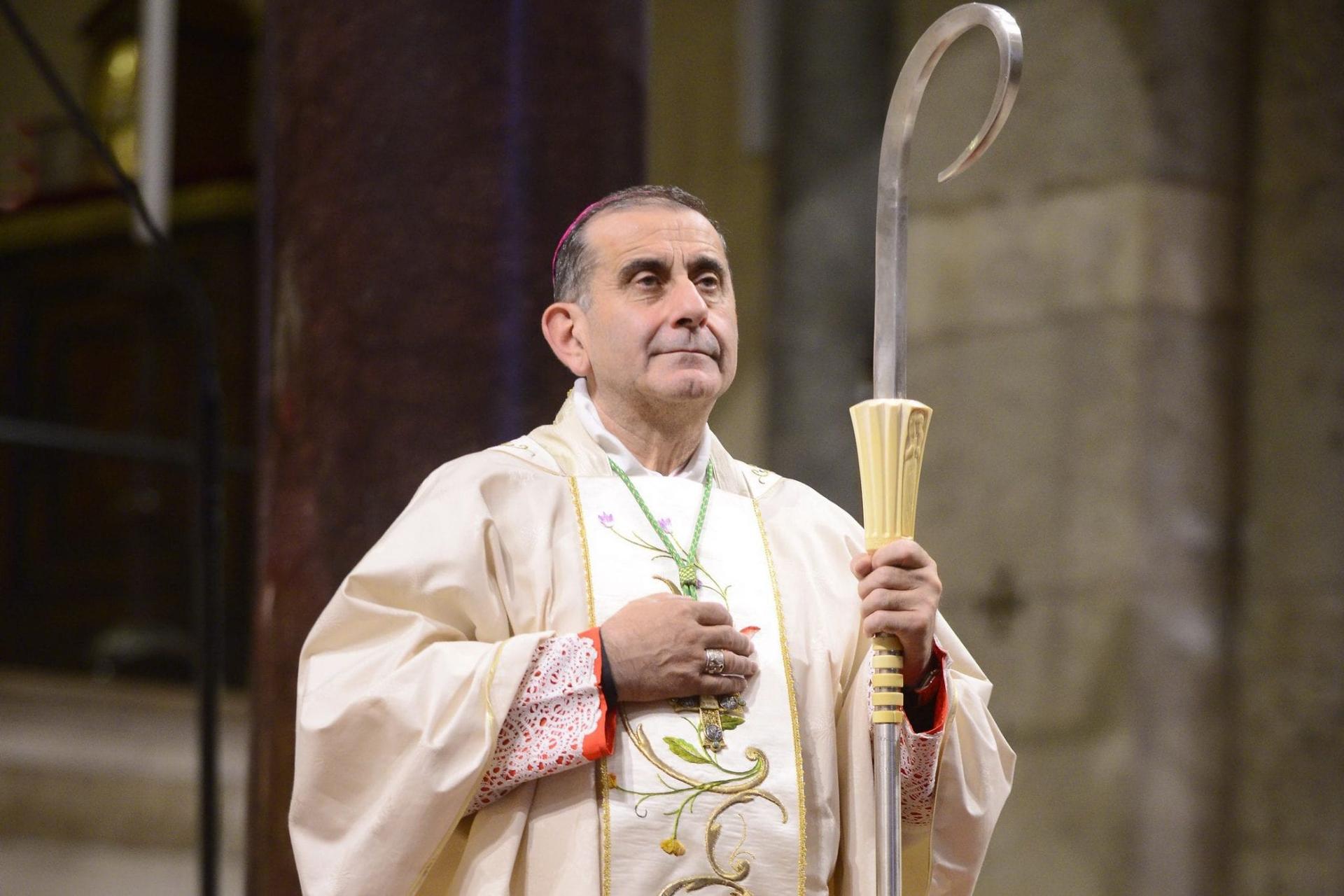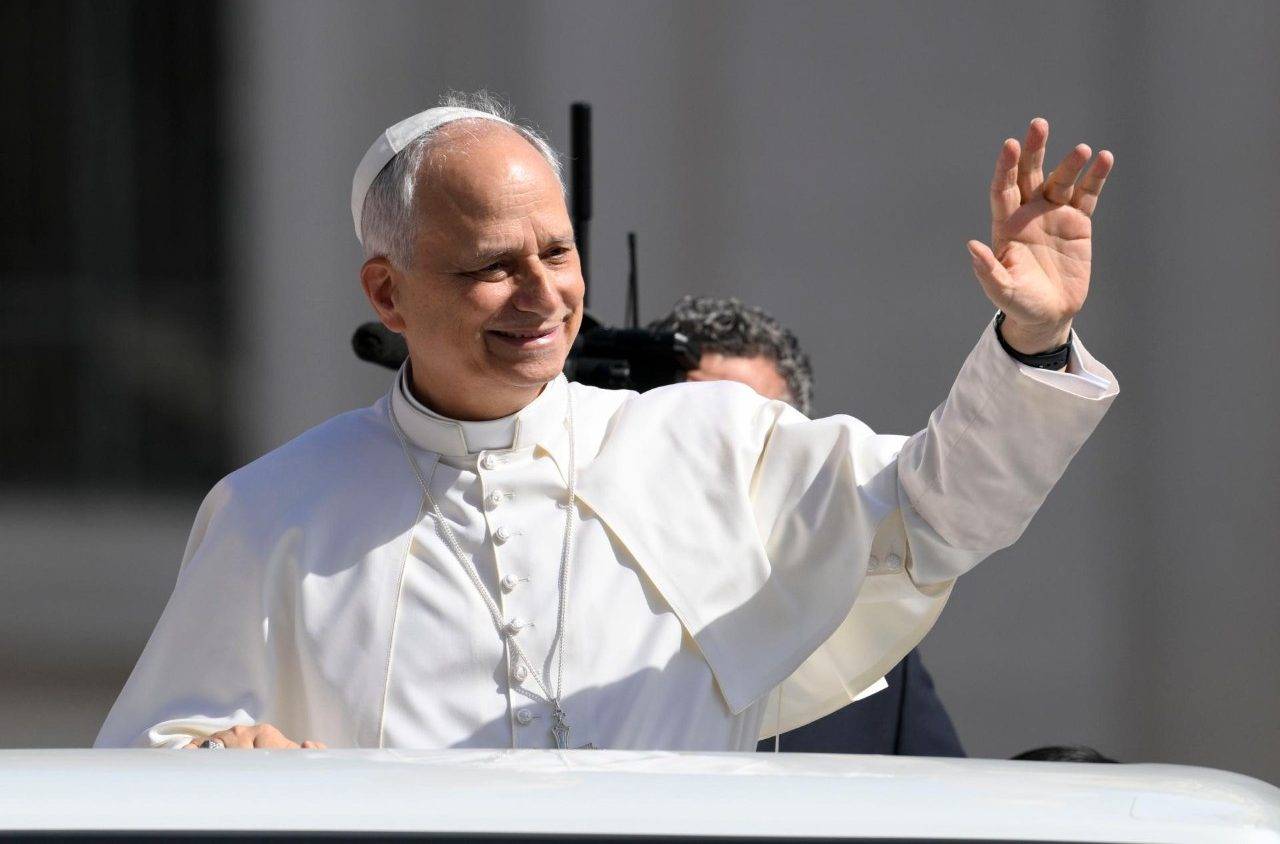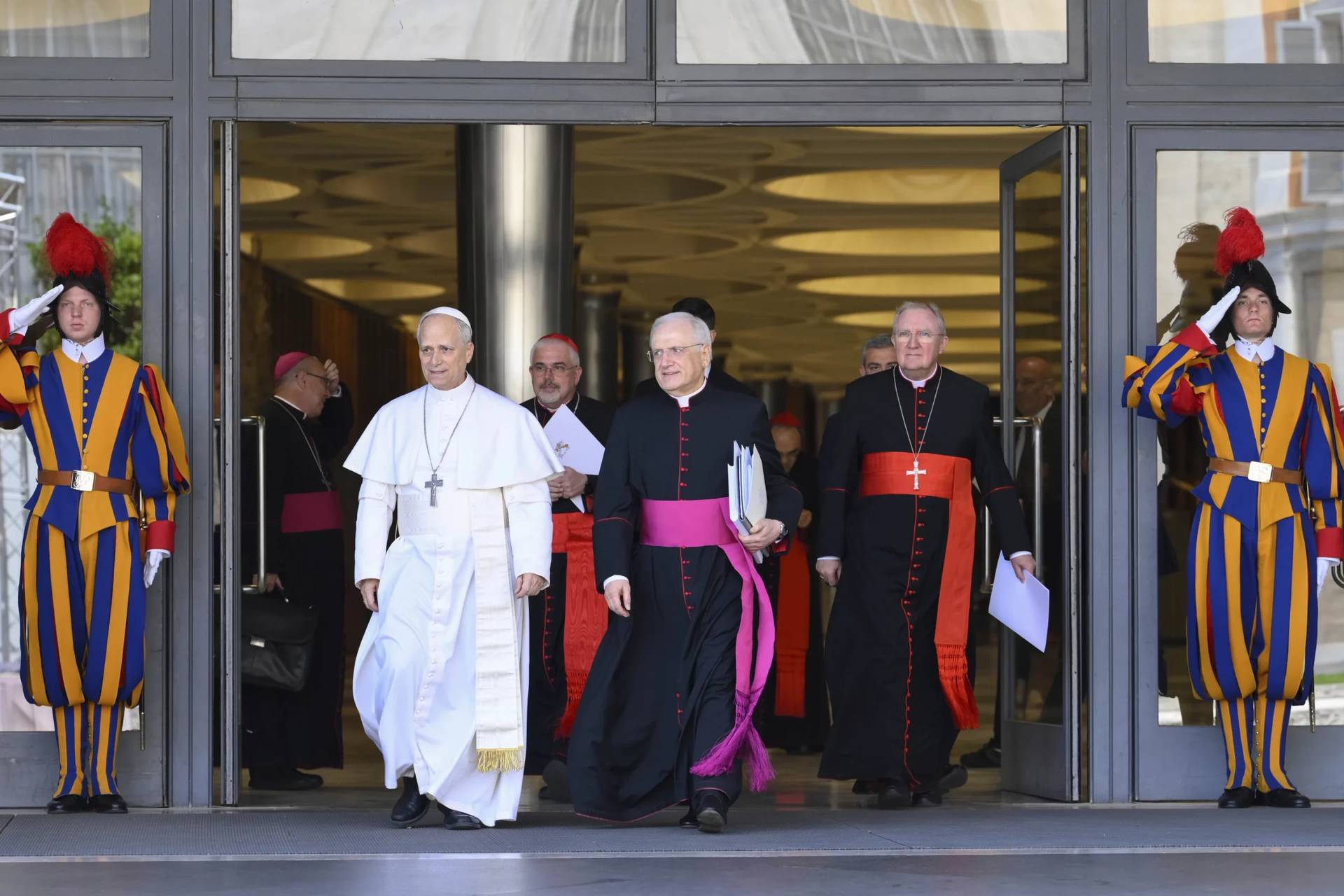Spiritually and theologically, all Catholic dioceses in the world are supposed to be equal. In terms of influence, size, resources and history, however, some are clearly more equal than others.
A top spot on that “more equal” list certainly belongs to the Archdiocese of Milan in Italy. It’s one of the largest in the world with more than five million faithful, it’s got deep pockets, the surrounding Lombardy region has produced seven popes, and it’s got an unmatched tradition as an ecclesiastical pacesetter and laboratory.
In addition, northern Italy was also the home of the Bergoglio clan before immigrating to Argentina, so it’s of deep personal significance to Pope Francis as well.
All this helps explain that when Francis on Friday announced 65-year-old Mario Enrico Delpini will take over from 75-year-old Cardinal Angelo Scola as the Archbishop of Milan, it was anything but a casual or routine choice.
In bottom-line fashion, the main take-away from the move is this: The selection helps confirm that the “Francis revolution” is more about style and pastoral practice than about doctrine, because this is clearly a “continuity” move with respect to Scola’s broad vision.
Scola has been a towering figure in Catholicism since the St. John Paul II years, and frequently mentioned as a candidate to be pope himself. (So much so that when the white smoke went up in 2013, announcing the election of a new pope, the Italian bishops’ conference accidentally released an email congratulating Scola before learning that the new pope was actually Cardinal Jorge Mario Bergoglio of Argentina.)
The former rector of Rome’s Lateran University, Scola comes out of the Communion and Liberation movement in Italy, which is generally seen as fairly conservative. The original Vatileaks scandal included a letter from the movement’s head to Pope Benedict XVI in March 2011, suggesting that the previous two archbishops of Milan had fostered a critical stance toward some aspects of church teaching and that Scola was the best candidate to take over.
Scola breathes the same intellectual air as Benedict XVI, reflecting the Communio theological school co-founded by the young Joseph Ratzinger in the period following the Second Vatican Council (1962-65). As a young theologian himself, Scola published book-length interviews with Henri de Lubac and Hans Urs von Balthasar.
If Francis wanted to signal a new intellectual and theological direction for the Church, therefore, picking someone in Milan sharply different than Scola would have been a great way to go about it.
Instead, Francis in effect tapped Scola’s right-hand man, as Delpini has served as Vicar General of Milan since 2012. He’s also served with Scola on the Bishops’ Conference of Lombardy, and, in general, is seen as one of his closest collaborators and friends.
Further, although Delpini is not a product of Communion and Liberation like Scola, he’s on good terms with it. Quietly, Delpini takes part in a charitable endeavor sponsored by the movement in the center of Milan, and he’s also on friendly terms with Father Julián Carrón, the successor of Father Luigi Giussani as the leader of CL.
If there’s something distinctive about Delpini, it’s on the level of personality rather than doctrinal or political convictions.
For one thing, he’s a man of deep personal humility. When his appointment was announced in Milan’s Duomo on Friday, his first response was to confess his inadequacy for the job, to ask for everyone’s help, and even to apologize for his “banal” first name, Mario.
Second, Delpini is a man of dialogue, preferring bridges over walls. The key soundbite from his brief remarks on Friday was, “Let’s never use religions as enemies that challenge one another.”
Third, Delpini also is a pastor who “carries the smell of his sheep,” to use the phrase Pope Francis has made famous. He knows basically all the priests of the archdiocese well, since he was for years the rector of the seminary in Venegono, and he also is in the habit of making frequent parish visits. It would be a rare Catholic in Milan who hasn’t seen “Don Mario,” as he’s known, at least once or twice in his or her parish, which may explain the strong applause in the Duomo on Friday when Scola made the transition official.
Fourth, Delpini, again like Francis, has always put a strong emphasis on the importance of the poor in pastoral planning, and he’s also associated with efforts by the church in Milan to promote coexistence and dialogue among the city’s different cultural and ethnic groups.
For all those reasons, Delpini illustrates two points: One, he is very much a “Francis bishop.” Two, to be a “Francis bishop” doesn’t necessarily mean repudiating what went before.
As for Scola, he’s announced plans to move into a parish in the small village of Imberido, right next to the Lago di Annone, one of Lombardy’s breathtaking lakes. (Scola reportedly asked Francis to speed up the transition in Milan, allowing his successor to hit the ground running for the opening of the new pastoral year in September.) For the next several weeks, Scola said he won’t have any public activities and will organize his move.
One interesting question to track going forward is whether Delpini will become a cardinal whenever Francis next chooses to hold a consistory. You have to go back to the 1800s to find the last time an Archbishop of Milan wasn’t a cardinal, although that had a lot to do with the politics of the Kingdom of Italy at the time and the role of the Austrian emperor. In general, Milan is pretty much considered the most automatic, slam-dunk “red hat see” in the world.
Francis, however, doesn’t operate that way, and generally has made a fairly firm distinction between the office and the man. If he’s content to leave Delpini in Milan without a red hat, it would be the ultimate exclamation point on the “new normal” in the Church.















